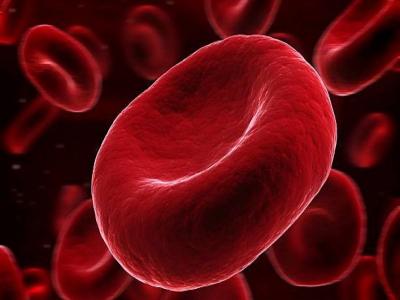Symptoms and treatment of kidney disease; body gives these signs when kidney is damaged
By Lokmat English Desk | Published: August 14, 2021 04:39 PM2021-08-14T16:39:42+5:302021-08-14T16:39:42+5:30

When the kidneys do not filter properly, toxins remain in the blood instead of leaving the body through urine. This can make it difficult to sleep. Sleep apnea is more common in people with chronic kidney disease compared with the general population.

If you feel the need to urinate more often, especially at night, it could be a sign of kidney disease. When kidney filters become damaged, it can cause an increased urge to urinate. Sometimes it can also be a sign of a urinary infection or an enlarged prostate in men.

Loss of appetite is a very common symptom of kidney disease. One of the reasons for this can be the loss of kidney function and the build-up of toxins in the body.

Electrolyte imbalance can result from impaired kidney function. For example, low calcium levels and poorly controlled phosphorus can contribute to muscle cramps.

The kidneys remove waste and excess fluid from the body, help make red blood cells, help keep bones strong and work to maintain the right amount of minerals in your blood. Dry and itchy skin can be a sign of mineral and bone disease that often accompanies advanced kidney disease.

If you are overly tired, have low energy or are having trouble concentrating, be on the alert. Severe impairment of kidney function can lead to a build-up of toxins and impurities in the blood. It can cause people to feel tired, weak and can make it difficult to concentrate.

















